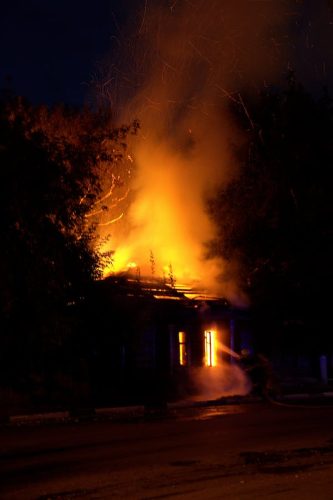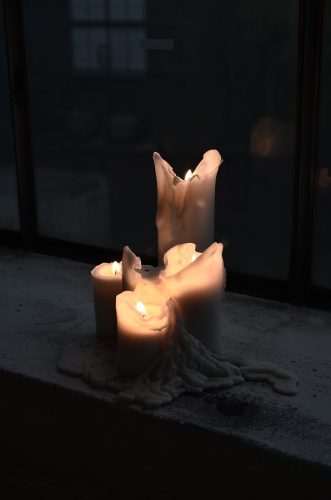Insurance Safety Fire Commissioner Offers Winter Heating Safety Tips
 Winter temperatures are here and Insurance and Safety Fire Commissioner John F. King is asking all Georgians to exercise extra caution while using home heating equipment to keep warm.
Winter temperatures are here and Insurance and Safety Fire Commissioner John F. King is asking all Georgians to exercise extra caution while using home heating equipment to keep warm.
If used carelessly, heating equipment such as space heaters and fireplaces can become fire hazards.
According to the latest Home Heating Fires report from the National Fire Prevention Association, an average of 44,210 home heating fires occurred each year between 2016 and 2020, resulting in an estimated 480 civilian deaths, 1,370 civilian injuries, and $1 billion in direct property damage.
Terri Blackmer is the Director of the Criminal Investigations Division, for the Georgia Insurance and Safety Fire Commission.
She says one of the most common causes of house fires in the winter is the improper use and maintenance of fireplaces.
If you heat your home with gas or propane make sure the system is free of leaks.
Blackmer said danger arises when there’s an undetected gas leak, which can not only cause an explosion if close to fire but can also cause a build-up of carbon monoxide which can be deadly.
Symptoms of Carbon Monoxide poisoning include headaches, dizziness, fatigue, and flu-like symptoms, such as nausea and vomiting.
If you are experiencing those symptoms, Blackmer advises you get checked out immediately by a doctor, and she says there’s a simple and free way to determine if your propane or gas heating system leaks.
Other safety tips for keeping warm and safe this winter include making sure space heaters are well maintained.
Space heaters are most often responsible for home heating equipment fires, accounting for one-third of the fires, as well as the vast majority of associated deaths (88 percent) and injuries (80 percent).
During the Holidays people like to give and burn scented candles. 
The National Candle Association offers tips for safely burning candles.
- Never leave a candle unattended.
- Never burn a candle on or near anything that can catch fire.
- Do not place lighted candles where they can be knocked over by children, pets or anyone else.
- Never touch or move a candle while it is burning or while the wax is liquefied.
- Don’t burn a candle all the way down.
- Place burning candles at least three inches apart from one another.
- Extinguish a candle if the flame becomes too high or flickers repeatedly.
- Never use a candle as a night light or while you may fall asleep.
Remember to always keep anything that can burn at least three feet away from all heating equipment, including furnaces, fireplaces, wood stoves, candles, and space heaters.
